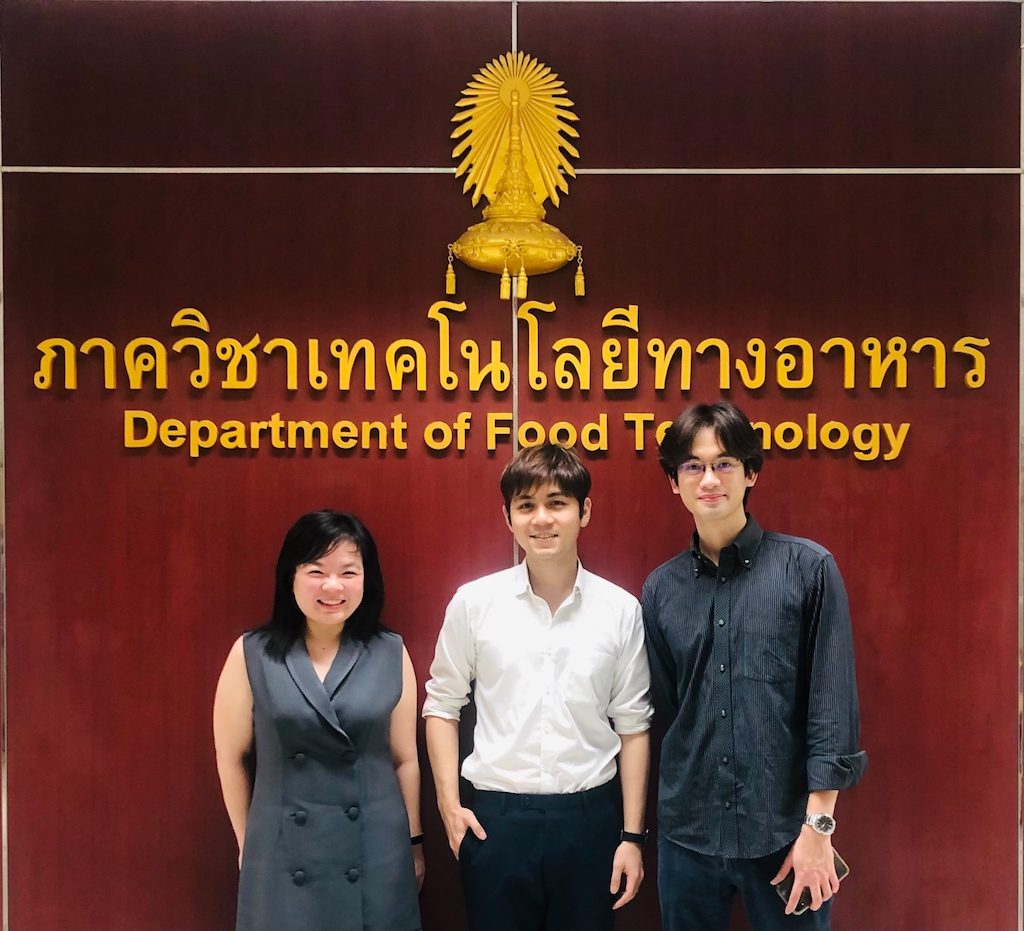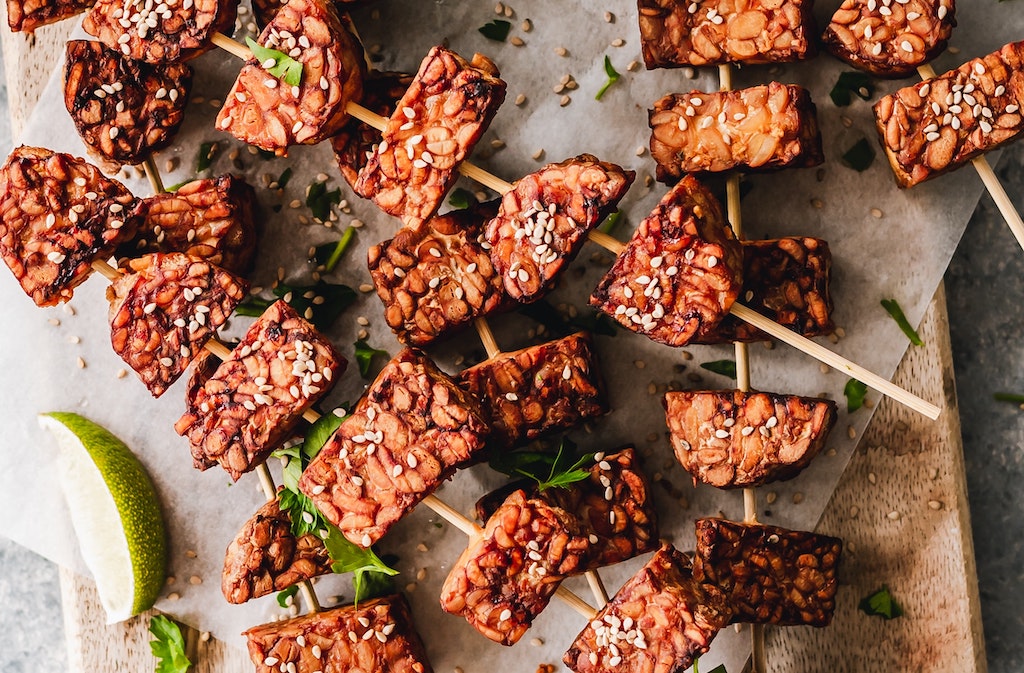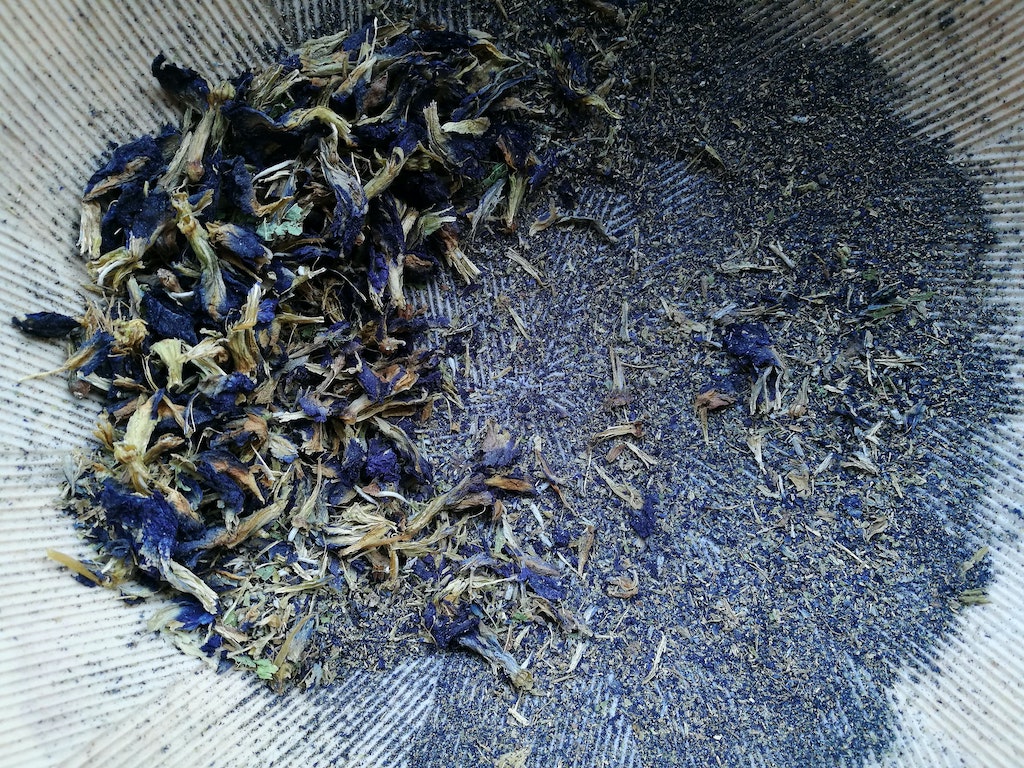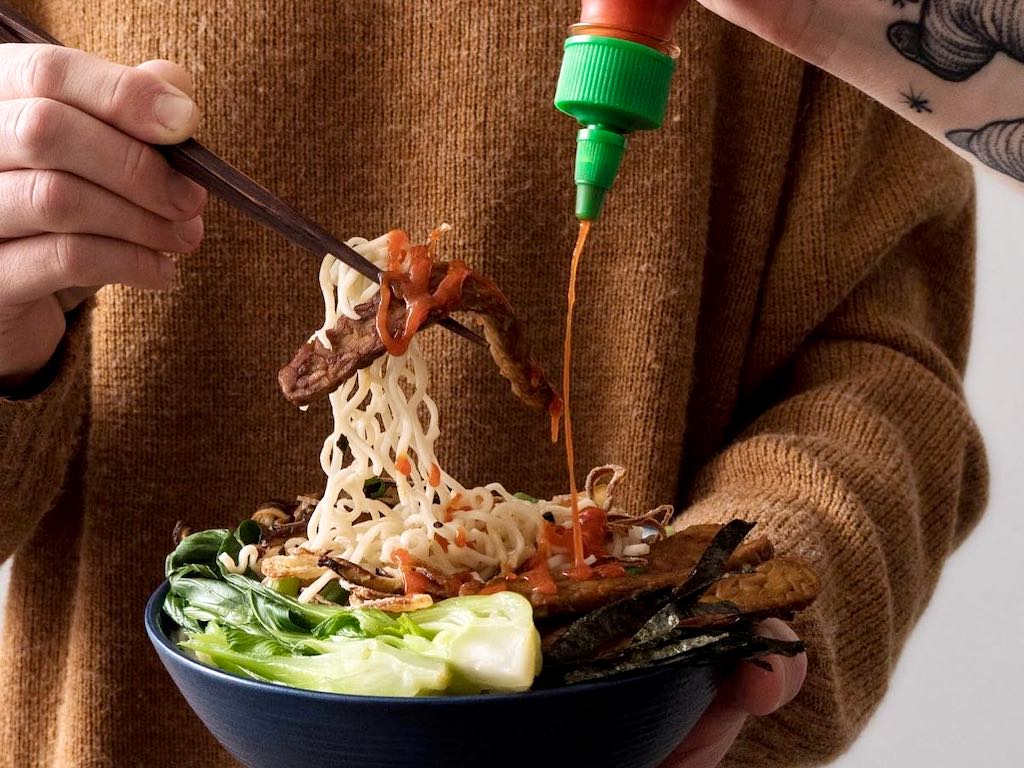3 Mins Read
Youths in Southeast Asia are innovating new vegan products with their local cuisine in mind. They showcased their creations at ProVeg’s recent regional competition, where 6 winners were selected for their plant-based products. From vegan nasi lemak to meat-free keema masala, these young entrepreneurs are bringing their own gastronomic traditions into the vegan industry.
ProVeg recently launched a Southeast Asia Food Innovation Challenge to attract university talent across the region into the plant-based industry. The contest, which opened in January, saw more than 125 entries from 13 different countries. Now, ProVeg has selected 6 winners—and their innovations are all a reflection of Asia’s wide-ranging traditional cuisine.

Wagyu-style marbled vegan meat
The Marble Booster took home the top prize. Hailing from Thailand, the team from Chulalongkorn University created Wagyu-style marbled vegan meat slices. These would be infused with well-known Asian immunity-boosting ingredients like turmeric.
Sold as a ready-made meal, the refrigerated product is designed to be a sustainable, healthy and convenient alternative for beef lovers. It’ll be packaged in composite recyclable materials. Beef is one of Thailand’s most popular meats—demand has risen by 10 billion baht within the last five years.
“We’re honoured to be receiving the first award,” said Nuti Hutasingh, Varanya Techasukthavorn and Natchanon Srangsomjit. “We’d like to further develop this product with CPF to ultimately help people and the planet.”
After being selected as finalists back in April, the team were mentored by CPF. Other mentors who helped guide the contest’s participants include Beyond Meat, Nestlé, Unilever, Oatly and Haofood.

Japanese-Indonesian tempeh noodles, butterfly-pea ice cream
Taking up the second prize in the competition were two groups. The first was TempMie from Indonesia’s University of Atma Jaya. They’ve made an instant Japanese-Indonesian noodle product that is protein-enriched with tempeh. It’s a healthy twist on the nation’s most iconic dishes—Indonesia is the world’s second largest consumer of instant noodles.
The second is National University of Singapore’s team, who created a Butterfly Pea Ice Cream. It’s completely dairy-free, and changes from blue to purple after adding acidity from lemon.
Butterfly pea flowers are found across Southeast Asia. From brewing caffeine-free herbal tea to naturally blue coloured steamed rice, these flowers feature widely in many Asian local cuisines.

Malaysian-style pot pie, mala meatballs and more
Two teams from Malaysia’s Taylor’s University were awarded the second runners-up prize.
Pietastic innovated an entire range of 100% plant-based pot pies. They creatively used the Vegetarian Butcher’s vegan meat analogues to create popular Malaysian-flavoured pie-fillings like pongteh chicken and ground beef murtabak.

Borderless, on the other hand, created dishes that were inspired by a number of Southeast Asian cuisines. Some of their creations included Malay nasi lemak wrap, Indian-style keema masala puff, Balinese vegan pork satay and Korean Tteok-kkochi. Even mala-spice “shiok” bursting plant-based meatballs were on the menu.
A third team from Southville International School and Colleges in the Philippines were also recognised. But they thought about the bigger food picture. Juan & Juana created a solution that would encourage companies to integrate plant-based foods into their supply chains. In doing so, they want to ignite a “green revolution” across Southeast Asia.
Lead image courtesy of Tofurky.




